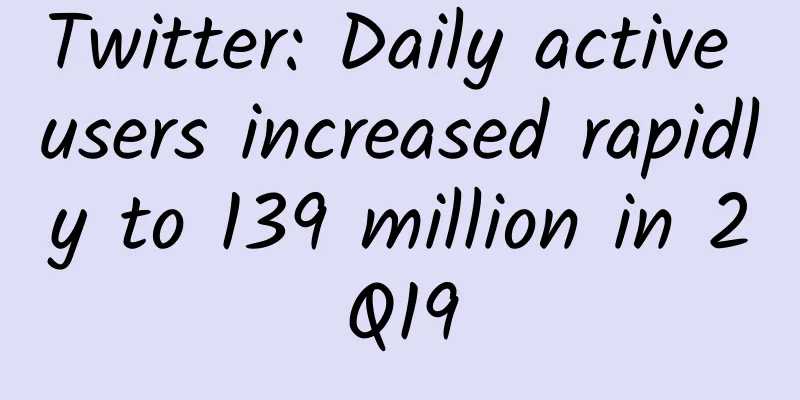Can I breastfeed if I have postpartum depression?

|
The prevalence of postpartum depression is getting higher and higher. At the beginning, it may just be troublesome and unhappy. If it is not treated in many aspects, it may develop into depression. It has to be admitted that for pregnant women, the company of family members is very important. If they are not paid attention to and cared for at this time, they are likely to suffer from postpartum depression. So, how long does postpartum depression last? Is it possible to breastfeed during postpartum depression? How long does postpartum depression last? Postpartum depression usually begins 6 weeks after giving birth and lasts about half a year. The early symptoms are not severe and can be cured through appropriate adjustments. If the condition persists for a long time without effective relief, it may develop into severe depression. Treatments include: 1. Self-adjustment, get more sun exposure, communicate more with family members, and communicate more with other pregnant women about parenting experiences; 2. If the symptoms cannot be improved after self-adjustment or if the patient is suffering from severe depression, it is recommended to see a psychiatrist as soon as possible for timely treatment. But in fact, the duration of postpartum depression varies from person to person: 1. Severity: Postpartum depression can be divided into mild, mild-moderate and moderate-severe. The duration varies according to the severity of the symptoms. The duration of mild patients is generally shorter; 2. Time to seek medical treatment: If the patient can be discovered as early as possible and treated promptly through psychological guidance, medication and other methods, the duration will be shorter. If postpartum depression patients can be treated in time to avoid bringing negative emotions to their children, it will generally have no impact on the children's growth. Can I breastfeed if I have postpartum depression? Postpartum depression generally has no effect on pregnant women's breastfeeding, but most patients may experience low mood or reduced interest and hobbies due to postpartum depression, which may reduce their intention to breastfeed their baby. After the occurrence of postpartum depression, active intervention should be carried out to minimize the symptoms and side effects of depression and to meet the normal requirements of pregnant women for breastfeeding. Generally, psychological guidance is provided to pregnant women. During the special period after childbirth, some pregnant women may experience complications, such as mastitis during the confinement period, which causes physical discomfort and becomes an aggravating factor of postpartum depression. Under the influence of these factors, the desire to breastfeed or the actual breastfeeding capacity is reduced. |
<<: How long does postpartum depression last?
>>: Can using a belly belt after childbirth really help you lose belly fat?
Recommend
Delayed menstruation and farting
Patients who experience delayed menstruation do n...
What fruits are good for women to eat after miscarriage?
The body is very weak after a miscarriage, becaus...
What are the benefits of drinking chrysanthemum tea? Why does chrysanthemum tea turn green after brewing?
If you have some free time on the weekend, you ca...
I spent thousands on a new pair of glasses, and she actually has an allergy to them?
According to statistics, the number of myopic peo...
What causes uterine bleeding after sex?
Post-sexual bleeding refers to vaginal bleeding a...
What color carnations should I give on Mother's Day? How much does a bouquet of carnations cost?
Carnation: Legend has it that the Virgin Mary she...
How long should I take the postpartum recovery granules?
How long should I take the postpartum recovery gr...
Is dizziness after sex during ovulation an early pregnancy reaction?
Women go through a menstrual period every month i...
When you reach middle age, do you see your arches collapse? Your whole body posture may be affected...
Have a pair of straight long legs It should be th...
Brown blood on the first day of menstruation
The blood on the first day of menstruation is bro...
Can Tremella soup also help increase milk production? What should be added to the soup to make it effective?
Tremella soup is a very good delicacy, but in add...
Papillary thyroid cancer survival rate
There is currently no clear survival rate for pap...
Menstrual cycle calculator for girls
The menstrual cycle calculation method is a syste...
Common diseases in autumn and winter: COPD
Common diseases in autumn and winter: COPD ----Ko...
How to treat hair loss in women
Hair loss is a very cruel term. Nowadays, there a...









